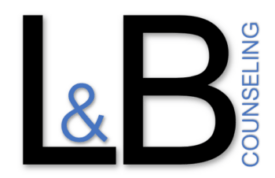Family Counseling

Our family affects who we are and who we become, both for the better and for worse. We learn our vocabulary, our habits, and how to view and observe the world around us from our family. Because these relationships are so important to one’s physical and mental health, family therapy may be helpful in many situations that affect family relationships and dynamics.
What Does Therapy For The Family Look Like?
The phrase “family therapy” implies that the members of a family seek counseling together as a group, although the entire family does not always have to be involved.
Family therapy is generally short-term and focuses on specific goals, family interactions, and dynamics. Your therapist will discuss patterns, conflicts, and ways of communicating in your family system.
Families can benefit from therapy when they experience any stressful event that may strain family relationships such as:
- Divorce
- Financial hardships
- Substance abuse
- Parent-child conflict
- Problems between siblings
- Domestic violence
- The unexpected or traumatic loss of a family member
- Communication problems
- Behavioral problems in children/adolescents
- Mental health concerns that impact the family as a whole
Benefits of Family Therapy
Your family therapist will help you and your family communicate better, solve problems, and find new ways to work together. Family therapy can’t always make a problem go away, but you will gain new skills to get through difficult situations in healthier ways.
When it feels like the issues in your family are too big for you to handle — or aren’t getting better — it may be time to see a family therapist. We can help you find new ways to manage struggles, conflicts, and challenges.
Therapists that specialize in family counseling:
Phone: (980) 428-6848
Email: Maria@landbcounseling.net

 Read more about Maria here.
Read more about Maria here.